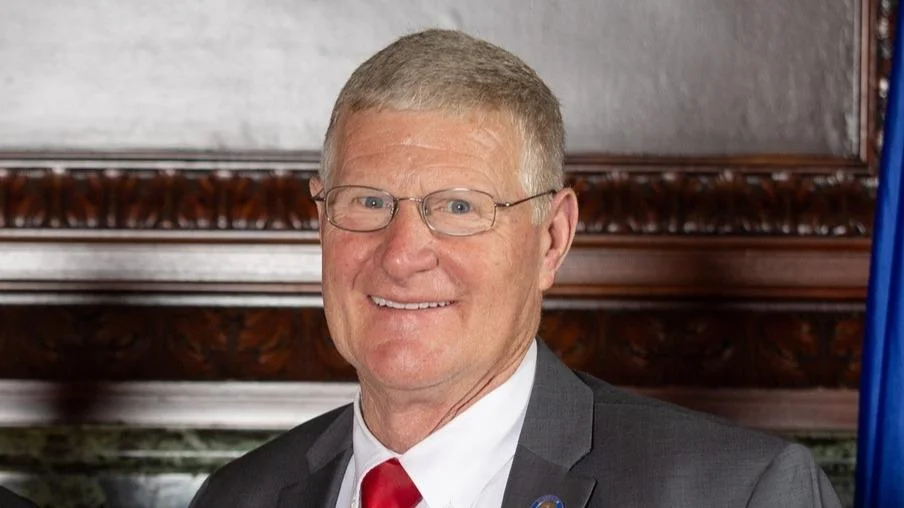Howard L. Marklein, Wisconsin State Senator for 17th District | Facebook
Howard L. Marklein, Wisconsin State Senator for 17th District | Facebook
According to the Wisconsin State Legislature's official website, the bill was described as follows: "the effective date of certain provisions contained in 2023 Wisconsin Act 126".
The following is our breakdown, based on the actual bill text, and may include interpretation to clarify its provisions.
In essence, this bill modifies the effective date of certain provisions within the 2023 Wisconsin Act 126, specifically concerning campaign finance report filings with the Ethics Commission through the commission’s campaign finance information system (CFIS). Originally scheduled to take effect on July 1, 2025, these provisions will now take effect on December 1, 2027. Act 126 also includes other measures related to campaigns and elections, such as prohibiting public access to certain records, making it a felony to harm election officials, providing whistleblower protections, and prohibiting employment discrimination against those reporting election fraud or irregularities—these measures retain their initial effective date of July 1, 2025.
The bill was co-authored by Representative Rick Gundrum (Republican-58th District), Senator Steve L. Nass (Republican-11th District), and Senator Mark Spreitzer (Democrat-15th District). It was co-sponsored by Representative Lindee Rae Brill (Republican-27th District), Representative Daniel Knodl (Republican-24th District), and Representative Jeffrey Mursau (Republican-36th District), along with two other co-sponsors.
Howard L. Marklein has authored or co-authored another 12 bills since the beginning of the 2025 session, with none of them being enacted.
Marklein graduated from the University of Wisconsin, Whitewater in 1976 with a BBA.
Marklein, a Republican, was elected to the Wisconsin State Senate in 2015 to represent the state's 17th Senate district, replacing previous state senator Dale Schultz.
In Wisconsin, the legislative process starts when a senator, constituent, group, or agency proposes an idea for a bill. After drafting, the bill is introduced, numbered, and referred to a committee for review and public input. If approved, it moves through three readings and votes in both the Senate and Assembly. Once both chambers pass the same version, the bill goes to the governor, who can sign it, veto it, or let it become law without a signature. Only a small share of bills introduced each session ultimately become law. You can learn more about the Wisconsin legislative process here.
| Bill Number | Date Introduced | Short Description |
|---|---|---|
| SB126 | 03/14/2025 | The effective date of certain provisions contained in 2023 Wisconsin Act 126 |
| SB96 | 03/07/2025 | Exempting certain electric vehicle charging stations located at a residence from the electric vehicle charging tax. (FE) |
| SB84 | 02/26/2025 | Exempting certain conveyances between grandparents and grandchildren from the real estate transfer fee. (FE) |
| SB3 | 01/24/2025 | Requiring local approval for certain wind and solar projects before Public Service Commission approval |


 Alerts Sign-up
Alerts Sign-up